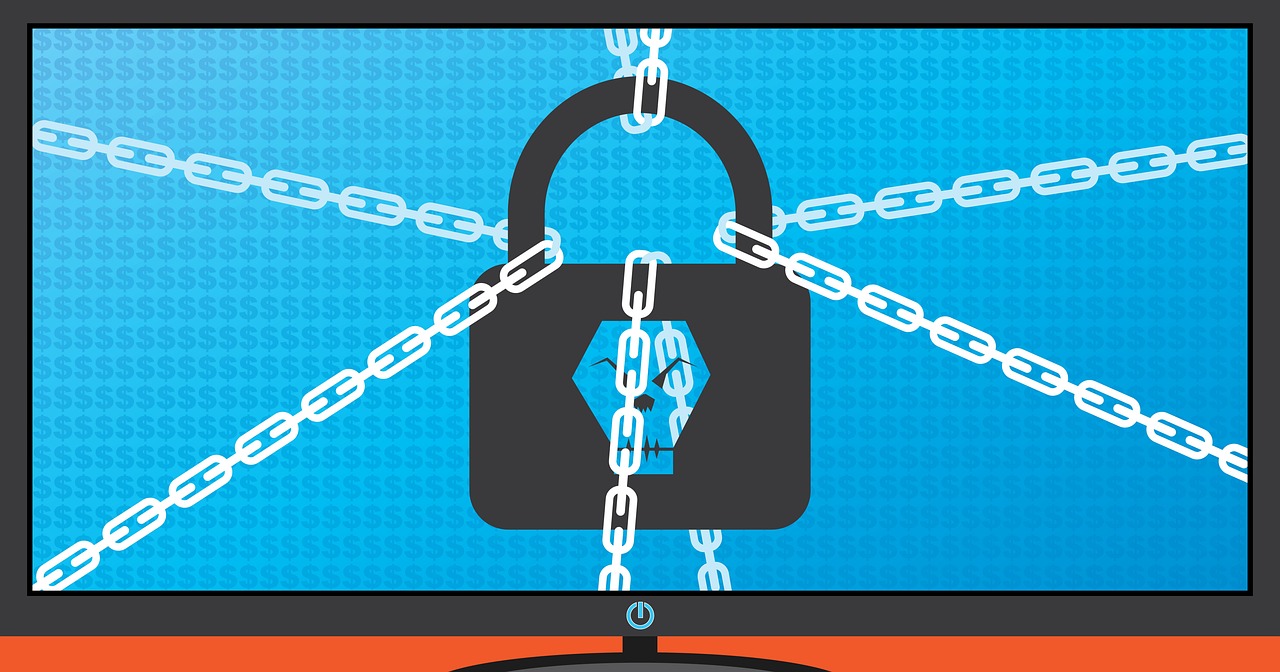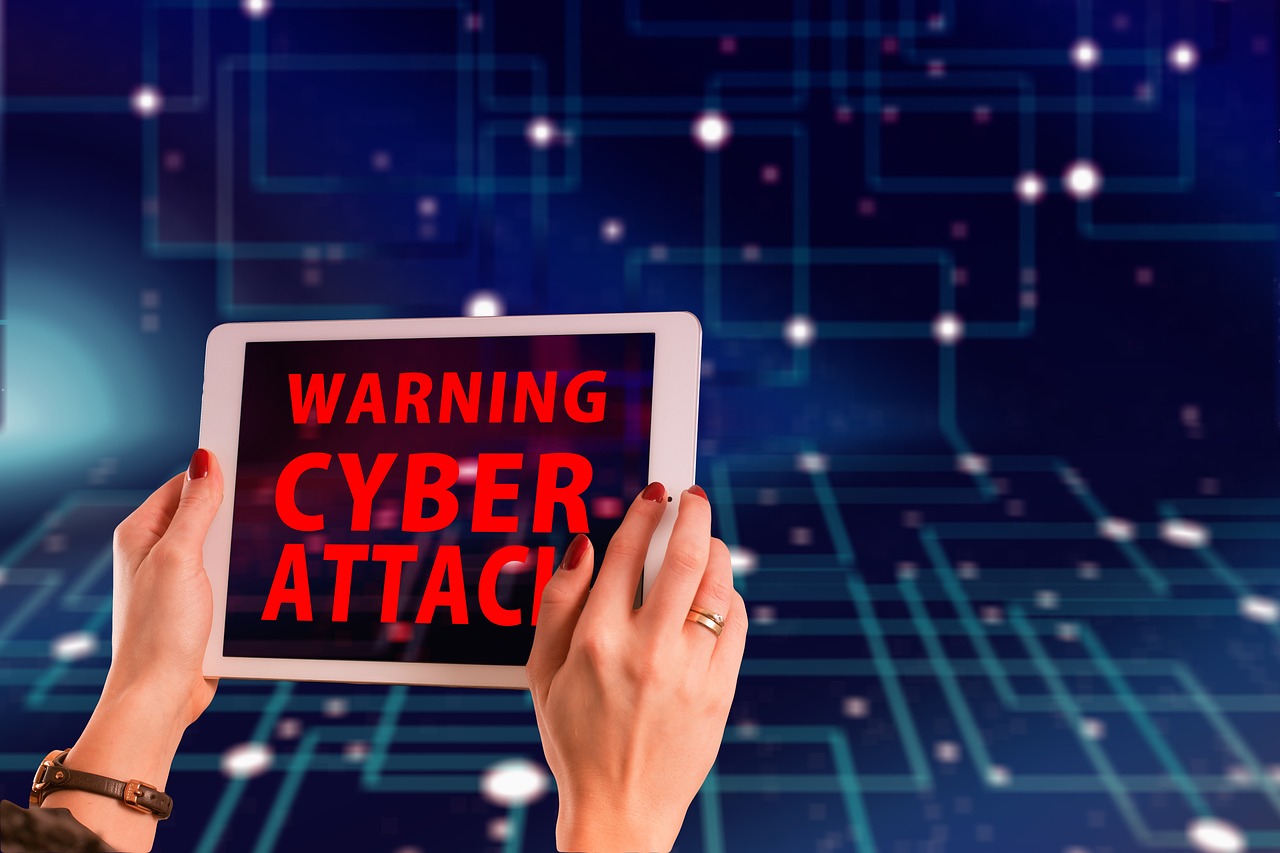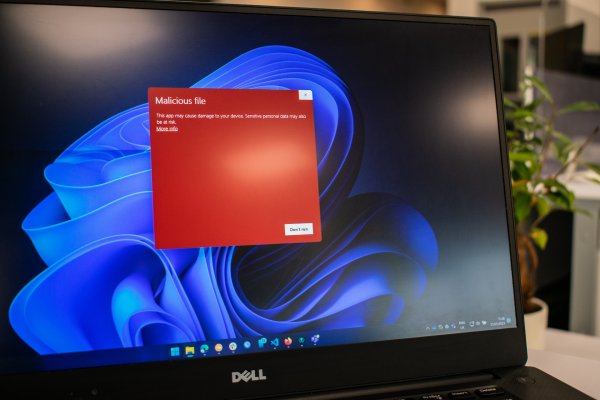As businesses look to embrace digital transformation efforts, it’s essential that they are aware of the potential cybersecurity risks. With cyber threats becoming more complex and sophisticated each day, it’s no wonder why many business owners find themselves overwhelmed when trying to identify and manage these risks. Fortunately, by understanding the seven most common cybersecurity risks, you can take proactive steps toward preventing security breaches from occurring within your organization. In this blog post, we will examine how implementing a secure workflow process can help mitigate many of these issues as well as provide strategies for better protecting your data against malicious attacks.
These fraudulent emails are designed to trick recipients into revealing sensitive information like passwords, credit card numbers, or social security numbers. As an employer, it is your responsibility to protect your company's information by educating your employees on how to identify and avoid these types of emails. By providing regular training and resources, you can empower your team to spot phishing emails before they cause damage. Remember, an ounce of prevention is worth a pound of cure, so invest in your employees' knowledge to keep your business safe.
Many businesses are unaware of the potential risks posed by third-party vendors. If you don’t have a dedicated third-party risk specialist on staff, it can be difficult to identify and manage any cyber threats from contractors or other external organizations. To solve this problem, consider hiring an experienced professional that specializes in vendor risk management. This will help ensure that your organization's data and assets remain safe from potential cyberattacks. Also, using his services can help you maintain compliance with industry-standard security regulations. This way, you can have peace of mind when it comes to protecting your company and its data.
The rise of cybercrime has made it imperative for individuals and companies to create secure password policies that can protect sensitive information from prying eyes. As an employer, it is your responsibility to ensure that your employees are educated on the subject and are creating passwords that are strong and hard to guess. A good password policy should include the use of alphanumeric characters, uppercase and lowercase letters, and special characters. It should also encourage employees to change their passwords regularly and avoid using the same password for multiple accounts. By implementing a robust password policy, you can protect your organization from potential breaches and safeguard your valuable data.
It has never been more crucial to remain watchful against social engineering dangers in the digital era. Technology is advancing at the same time as hacking techniques are becoming more sophisticated. Education is one of the most powerful weapons in the fight against cybercrime. Companies may help their staff realize the risks of scams and malicious links received via email by developing awareness programs. Individuals can learn to recognize potential dangers and how to react in the event of an assault through specialized training. This will help ensure that your organization is protected against social engineering attacks. Additionally, it is important to ensure that all of your employees are trained on proper data handling techniques and have an understanding of the importance of protecting sensitive information. The safety and security of your business are ultimately enhanced by investing in education.

Malware can seriously endanger your systems and compromise your sensitive data. Because of this, it's crucial to frequently check your devices for malicious software and to set up effective firewall security. Malware can infiltrate your system through a number of channels, including phishing emails, software downloads, and even unsafe website visits. Once it's inside, it can steal your personal information or entirely shut down your device, among other issues. For example, ransomware encrypts your files and then demands a hefty sum of money in exchange for their decryption. In order to protect against these threats, it's important to set up an anti-virus program and regularly perform scans, as well as ensure your operating system is updated with the latest patches. Also, implementing two-factor authentication on all your accounts can add an extra layer of security against potential malware threats. By utilizing a secure workflow process, companies can significantly reduce the risk of malware infiltration and protect their data.
Maintaining a strong understanding of cyber security is crucial in today's increasingly digital environment. Making sure your software is updated frequently is a vital step in defending you and your devices from unwanted assaults. Unfortunately, not everyone gives this the attention it deserves, leaving them open to online threats. You may be vulnerable to hacking, data breaches, and unauthorized access if your software is not patched. You can protect yourself from these possible attacks and ensure that each program is running at its most recent, secure version by taking the time to update your software on a regular basis. By keeping your software updated, you can stay protected and stay one step ahead of cybercriminals.
In today's digital age, data security is of utmost importance. Unfortunately, many organizations still neglect to take the necessary measures to protect their sensitive information. Poor encryption practices can leave data vulnerable to theft or tampering, causing irreparable damage to a company's reputation and finances. Implementing effective encryption practices, such as SSL/TLS, is crucial in securing data in transit. These protocols provide a secure connection between a user's device and a server, ensuring that any data exchanged is encrypted and protected from unauthorized access. As cyber threats continue to evolve, it is imperative that organizations prioritize data security and implement strong encryption practices to safeguard against potential attacks.
To conclude, cybersecurity risks can become a major problem for businesses if not taken seriously. However, by following the steps outlined in this blog post, you can protect your business from the most common risks. It is especially important to educate your employees on phishing emails and social engineering threats, as these are one of the easiest ways attackers gain entry into critical networks. Additionally, do not neglect strong passwords, malware scans, patching software, and encrypted data practices as part of your security posture. Taking corrective steps today will help ensure the safety of your business and protect it from costly cyberattacks down the road.





